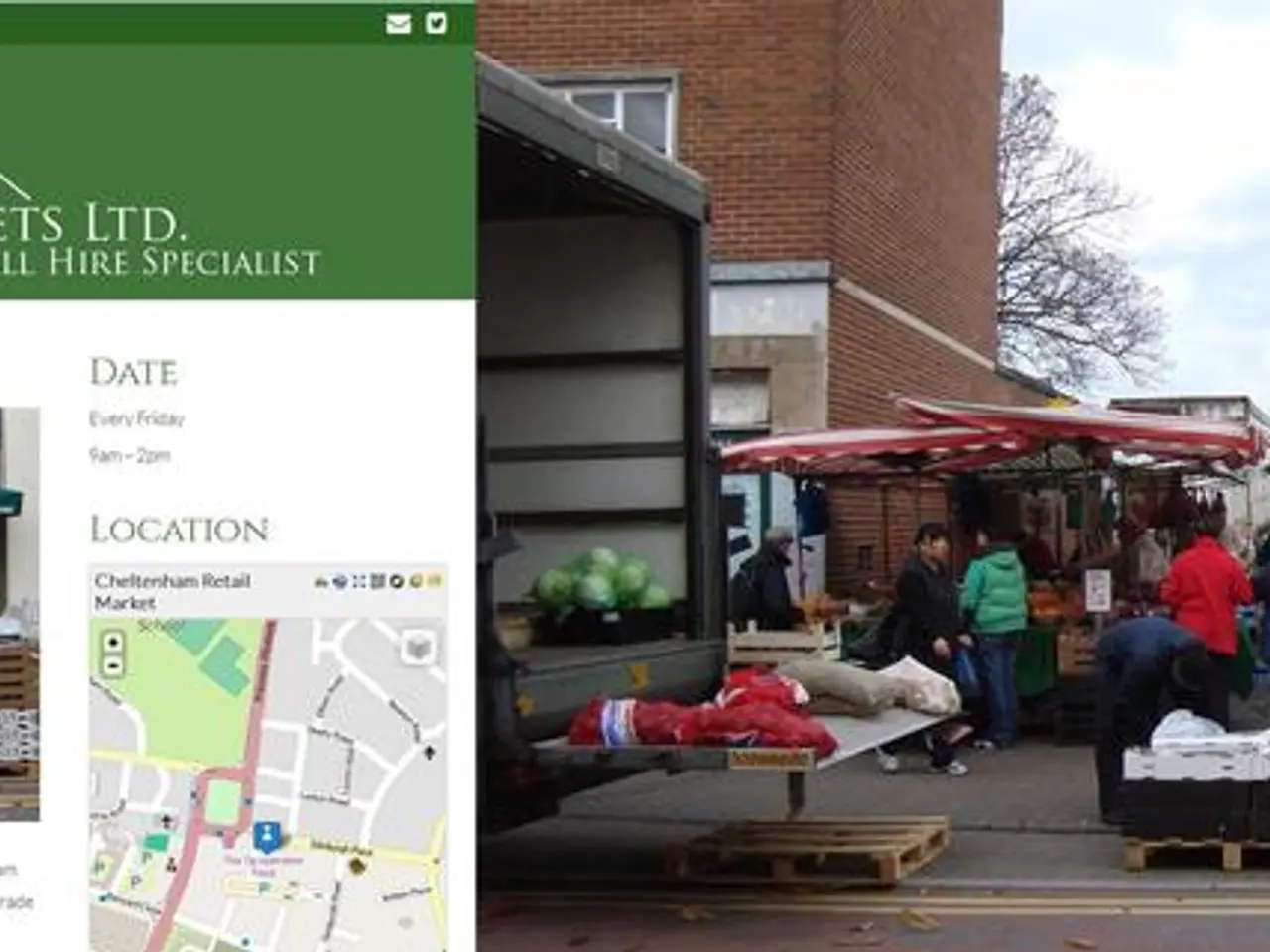Germany sets new high for business establishment
In a significant development, Germany has witnessed a surge in business foundation rates, with the age group of 25 to 34-year-olds being the primary driver behind this trend. According to the latest study by RKW, a promoter of small and medium-sized enterprises, and the Johann Heinrich von Thünen-Institute for Innovation and Value Creation in Rural Areas, the foundation rate for people aged 18 to 64 has reached a record high of 9.8 percent.
The study, which forms part of the Global Entrepreneurship Monitor (GEM) 2024/2025, compares developments in 50 countries, placing Germany in the middle tier among high-income countries regarding the foundation rate. Notably, the foundation rate increase compared to previous years stands at a impressive 25 percent.
One of the key factors contributing to this record-high business foundation rate among working-age individuals in Germany, especially among women and those with a migration background, is a combination of enhanced infrastructure, tax incentives, a strong startup ecosystem, and diverse economic opportunities.
Germany’s ongoing investments in infrastructure and digitalisation create an attractive environment for new industrial and business developments. For example, the recent large-scale financing for energy infrastructure (€700 million investment between 2025 and 2028) enhances regional energy security and attractiveness for business startups.
Germany has also applied favourable tax and depreciation policies, such as accelerated depreciation schedules for machinery and dwellings, alongside increased instant asset write-offs for low-cost depreciable assets. These tax incentives reduce the initial investment costs and improve capital recovery speed for new businesses, encouraging entrepreneurial activity.
Cities like Berlin have developed international startup hubs with significant venture capital funding. This fosters innovation and lowers barriers for first-time entrepreneurs, including women and migrants, by providing greater access to resources and networks.
The German economy has a large and diversified service sector, finance, insurance, real estate, and construction industries, all generating numerous opportunities for business foundation across different demographics.
Although direct data on the specific drivers for women and migrants founding businesses was not provided in the search results, these structural and policy supports likely contribute by improving access to capital, infrastructure, and entrepreneurial ecosystems, which traditionally have been barriers for such groups. The investment in regional infrastructure and supportive tax policies reduce risks and costs, while the vibrant startup culture offers community and funding access, benefiting these demographics particularly.
The study confirms that the increased activity of women has contributed to narrowing the gender gap in entrepreneurship. Last year, 43 out of 100 companies were founded by women, a 5-point increase from the previous reporting period. The foundation rate for women in Germany has increased by 2.6 percentage points, reaching a record high of 8.5 percent.
People with a migration background also show a higher foundation rate of 12.5 percent compared to the average. This trend is reflected in the overall increase in the foundation rate, with the age group of 25 to 34-year-olds having a foundation rate of 16.5 percent.
In summary, a combination of enhanced infrastructure, tax incentives, a strong startup ecosystem, and diverse economic opportunities drive the record-high business formation rates among working-age Germans, especially women and individuals with migration backgrounds. This positive trend not only boosts the German economy but also promotes diversity and inclusivity in entrepreneurship.
Vocational training programs, supported by finance and business, could be integrated into the community policy to empower individuals aged 25 to 34, especially women and those with a migration background, to found businesses, capitalizing on Germany's strong startup ecosystem and diverse economic opportunities. The favorable tax policies and large-scale investments in infrastructure, such as the €700 million investment for energy infrastructure between 2025 and 2028, create an attractive environment for new industrial and business developments, which could further aid in vocational training and entrepreneurship.




